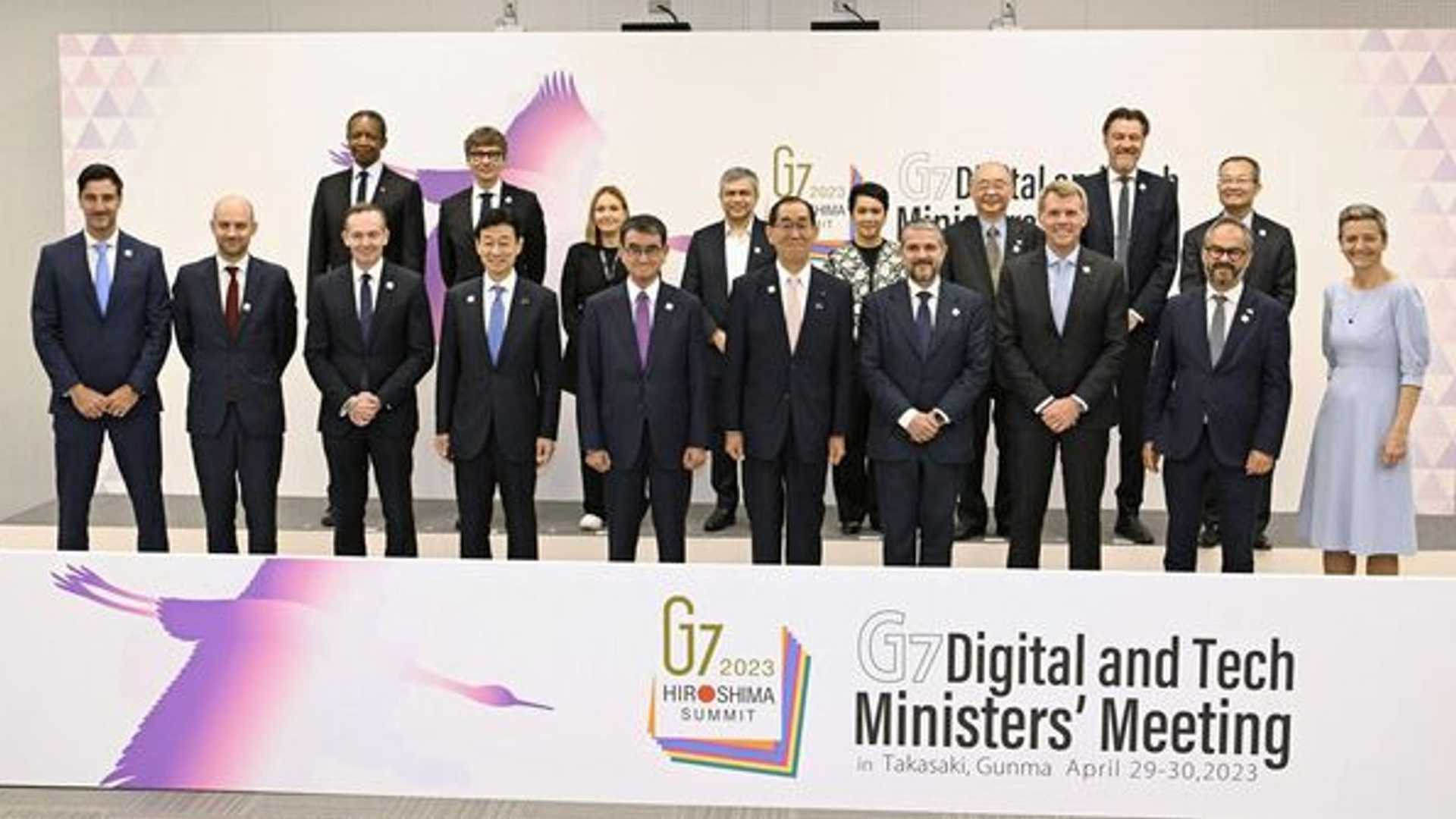G7 Nations to Implement "Risk-Based" Regulation of AI as European Lawmakers Discuss ChatGPT
The Group of Seven (G7) nations have announced the adoption of "risk-based" regulation of artificial intelligence (AI) on Sunday. This move, made by the digital ministries of the G7 nations, comes as several European countries are considering the implementation of an AI act to regulate the use of generative AI platforms like ChatGPT.
The adoption of this regulation by developed nations is vital, as it emphasises the need for regulation in the rapidly growing popularity of ChatGPT-like AI platforms. An example of such regulation is Italy, a G7 member country that recently banned ChatGPT due to concerns for privacy. The ban was lifted on Friday; however, many privacy-strict European countries are still discussing it.
The G7 members added that the regulation should "preserve an open and enabling environment" for AI development while being based on democratic values. While the ministers recognised that "policy instruments to achieve the common vision and goal of trustworthy AI may vary across G7 members," the agreement sets a template for AI governance amid privacy concerns from various corners.
European Commission Executive Vice President Margrethe Vestager told news agency Reuters that "The conclusions of this G7 meeting show that we are definitely not alone in this."
Generative AI tools, including ChatGPT, have piqued the interest of governments worldwide. ChatGPT, created by OpenAI and supported by Microsoft Corp, has achieved record-breaking growth since its launch in November, making it the fastest-growing application in history.
The ministers' statement said, "We plan to convene future G7 discussions on generative AI, which could include topics such as governance, how to safeguard intellectual property rights including copyright, promote transparency, address disinformation, including information manipulation by foreign forces."
European Union (EU) lawmakers made a preliminary agreement on a revised version of the forthcoming AI Act on Thursday. This new draft includes provisions for protecting copyright concerning generative AI. This move came after a call for a summit of world leaders to address the issue of controlling this technology.




















